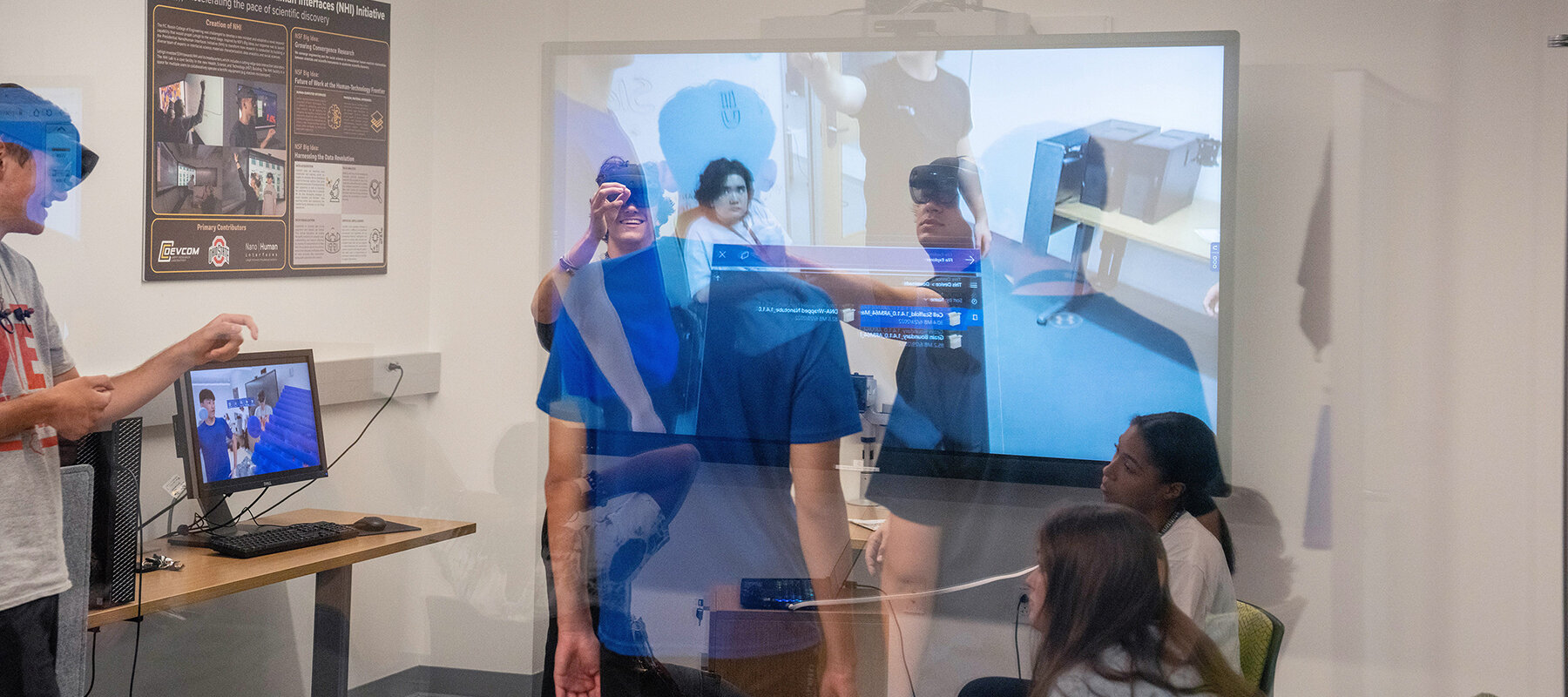Claudia Tobar, chief innovation officer and professor at Universidad San Francisco de Quito in Ecuador, will visit Lehigh on September 21 to deliver the workshop, “Lessons from the Pandemic: Globalization through Virtual Exchange and COIL as Strategy.”

The workshop is sponsored by the Office of International Affairs and the Center for Innovation in Teaching and Learning. It will take place in Fairchild-Martindale Library Room 625 from 12:00 pm to 1:00 pm. Lunch is provided. Please register in advance.
Tobar will introduce COIL (Collaborative Online International Learning) and virtual exchange. COIL is a pedagogical approach to global learning in which instructors in different countries collaborate virtually to develop and teach a joint thematic unit. Virtual exchanges use digital technology to enable participants to learn and work across borders without traveling. Tobar will discuss COIL/VE specifically in the context of Latin American higher education and share why the innovative pedagogies are part of the internationalization strategy at Universidad San Francisco de Quito (USFQ).
At USFQ, Tobar is the director of the IDEA Institute, or Institute of Teaching and Learning, which designs and directs education projects; co-founder of the educational research laboratory LINE-USFQ; and a faculty member in the undergraduate education program. She is editor in chief for Para el Aula Magazine and director of Lupini Children’s Library. She is a TEDx speaker and an activist for children’s rights and education. She holds a doctorate degree in educational leadership from Northeastern University.
Universidad San Francisco de Quito is a private, liberal arts university in Quito, Ecuador. It was the first totally private self-financed university in Ecuador and the first liberal arts institution in the Andean region. It is consistently ranked as the leading university in Ecuador and in Latin America. USFQ is recognized as a leader for innovative pedagogy, especially in learning technology.
